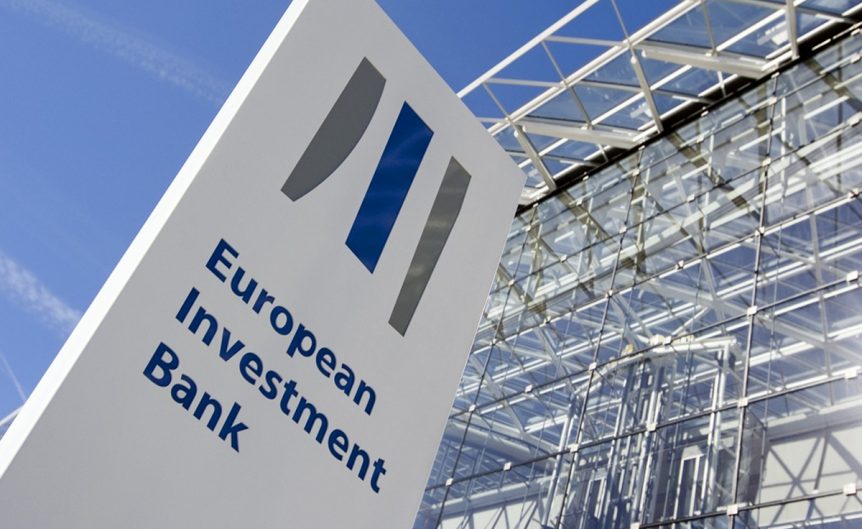Eighteen civil society organisations, including the Cairo Institute for Human Rights Studies, have shared recommendations to improve CSO engagement in an open letter to the European Investment Bank (EIB) Board, namely at the annual Board-CSO seminar.
Signatory CSOs recommended focused discussions on specific Bank policies under development or assessment, and about concrete EIB-funded projects or operations, as well as more active Board engagement with civil society in general.
TO
Board of Directors
European Investment Bank
Boulevard Konrad Adenauer 100
Luxembourg
Engagement Between EIB Board of Directors and Civil Society Organisations
Dear Directors of the European Investment Bank,
On behalf of 18 organisations actively involved in the debate around the role and activities of the European Investment Bank, we appreciate the EIB’s Board of Directors dedication to the ongoing consultation with civil society organisations by participating in the annual seminar organised by the EIB. We believe that this engagement should continue in the future as an important part of the rela-tionship between civil society and the bank, but that its format should be improved in order to create a true space for content related discussions with civil society.
During the webinar organised on 1st February 2022, several CSOs shared concerns about how the space was too limited for civil society to meaningfully engage with the Board of Directors, and the EIB at large.
With this letter we would like to take the opportunity to formulate a number of proposals that we believe could significantly improve the course and the outcomes of the annual seminar with CSOs and improve the way the EIB consults civil society.
Firstly, in spite of your busy schedules, we would like to follow-up on the proposal made by an EIB Director during the webinar to organise a specific dialogue session between CSOs and the EIB Directors and their teams about concrete projects and operations financed by the EIB. This would represent an important opportunity for civil society, including communities in the Global South, to convey their views to the Board. Such discussion could also enable the Board to draw lessons from cases on the ground.
In addition, we would be also glad to discuss concrete policies and strategic directions the bank is revising like its ongoing transport policy review or the upcoming midterm review of its energy lend-ing policy.
As a consequence, in future years the engagement between the Board and CSOs could take place in two streams: one related to the strategic direction and policies of the EIB, and another related to concrete projects and operations. It is difficult to discuss policies without understanding how they are implemented in practice, learning from both good and bad practice, and paying attention to con-crete substantiated concerns of civil society around projects financed by the EIB.
Secondly, for CSOs, engaging with the Board in a deep and fruitful dialogue is the main aim of this annual seminar. Engaging with the EIB staff and Management Committee is important, but already happens through other channels, such as participation in public consultations organised by the EIB. Acknowledging the difficulties of organising physical meetings during a pandemic, we would like to encourage the entire Board to actively participate in the seminars with civil society.
We think it would benefit the quality of the different sessions if the bank would invite CSO represen-tatives as co-chairs of each discussion. This would enable us both to strike a better balance during the sessions and help in drawing conclusions from the discussions.
We sincerely hope you – as Directors of the EIB – will take our proposals for improvement into con-sideration, and are available to discuss in a meeting at your earliest convenience.
We look forward to hearing from you,
Yours sincerely,
Signatories:
- Accountability Counsel
- Arab Watch Coalition
- Building and Wood Workers International
- Cairo Institute for Human Rights Studies
- Climate Action Network Europe
- CEE Bankwatch Network
- Client Earth
- Counter Balane
- Community Initiatives for Development
- Eurodad
- Focus
- Greenpeace
- Jamaa Resource Initiatives
- Oil Workers Rights Protection Organization Public Union
- Re: Common
- Urgewald
- WWF European Policy Office
- International Accountability Project
Share this Post

